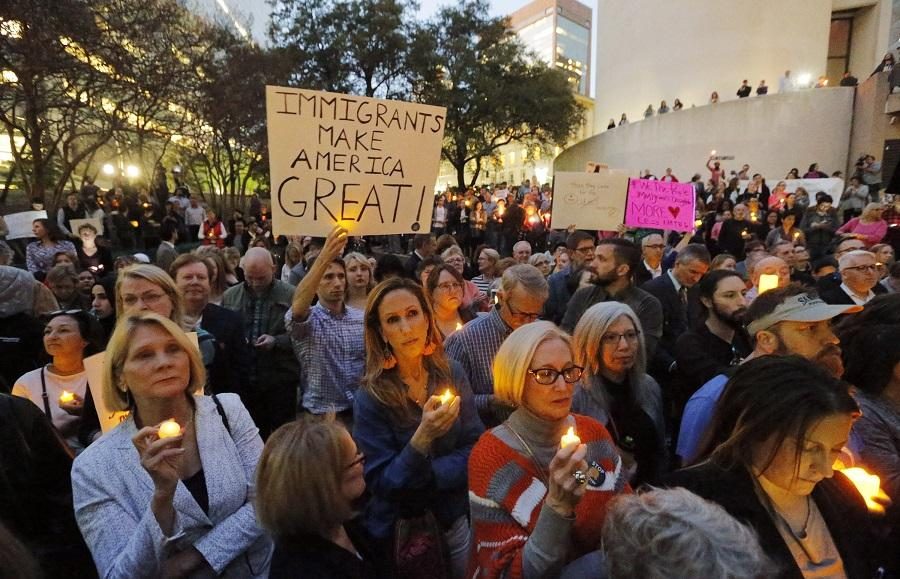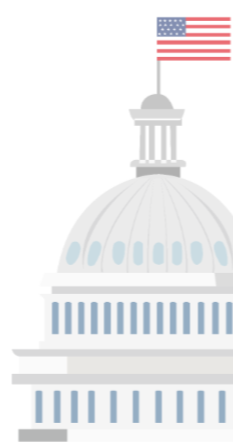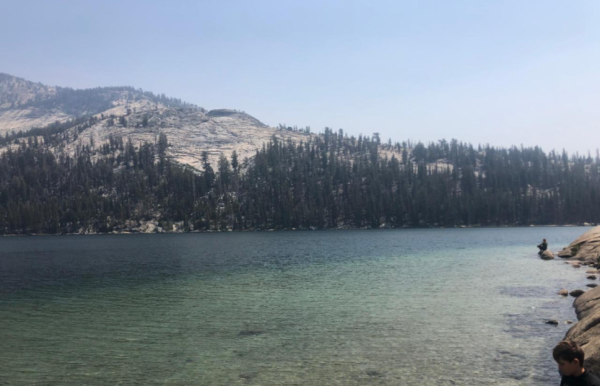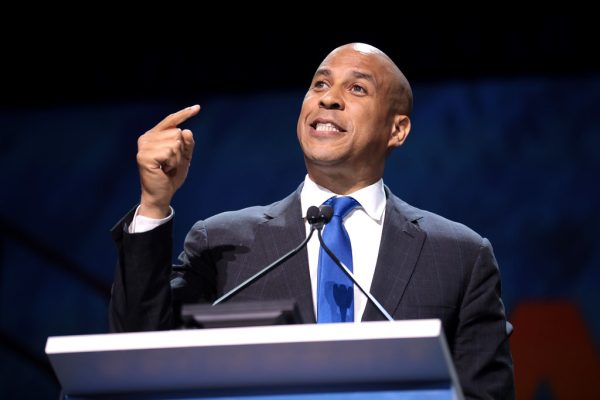Refuge for refugees
Cincinnati stands by immigrants by declaring ‘sanctuary city’ resolution
PROTEST. Around the country protests sprung up in major cities in response to the executive order. The uncetain langugae of the ban upset and confused many. Those who were on visas or green cards were also unlawfully detained.
The term “sanctuary city” refers to a city that shields undocumented or illegal immigrants from deportation forces. Typically, the city limits local law enforcement’s cooperation with federal immigration officers and does not allow inquiries into an individual’s immigration status.
“I am 100 percent in support of seeking ‘sanctuary city’ status. We should do whatever it takes to make sure families are not split apart,” said City Councilman Chris Seelbach.
Recently, Cincinnati was declared a sanctuary city by Mayor John Cranley. This decision defies federal immigration laws proposed by Trump and will not enforce federal laws against illegal immigrants.
“We have put the whole world on notice that we intend to live up to the Statue of Liberty ideals,” Cranley said to cincinnati.com.
Amid rallies in support and opposition, Cincinnati has pledged to maintain its current policies. The declaration is a resolution, not a law so the City of Cincinnati will not lose any federal funding for choosing to disregard national immigration orders.
The resolution is mostly symbolic and does not have a defined legal status.
This situation was triggered by President Donald Trump’s executive order back in January, which exempts the children of illegal immigrants and the parents of legal children from deportation. The American Civil Liberties Union sued, but a federal judge ruling allowed the program to follow though.
Trump’s executive order temporarily blocked travelers from six different countries in the Middle East. He declared that the order was a requirement to ensure national security for American citizens.
Currently, a federal judge has implemented a nationwide halt to Trump’s controversial immigration ban. Federal appeals court ruled to continue blocking the travel ban, thereby continuing to allow travels from the seven banned countries – Libya, Syria, Iraq, Iran, Yemen, Somalia, and Sudan, all of which are primarily Muslim countries – to enter the United States.
On March 6, Trump amended the original travel ban, exempting Iraq from the ban and removing the ban of Syrian refugees, instead replacing it with a 120 day freeze. There is no longer a language that prioritizes religious minorities from the predominantly Muslim countries affected by the ban.
It will also exempt citizens from the six banned countries who are legal U.S. permanent residents or have valid visas. The ban will take effect on March 16.
As of March 16, a ruling by the U.S District Court Judge Derrick Watson, who presides in Honolulu, has blocked the travel ban.
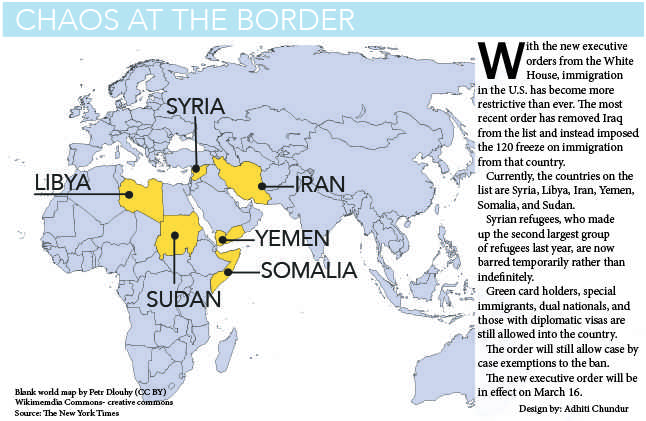
Your donation will support the student journalists of Sycamore High School. Your contribution will allow us to purchase equipment and cover our annual website hosting costs.


